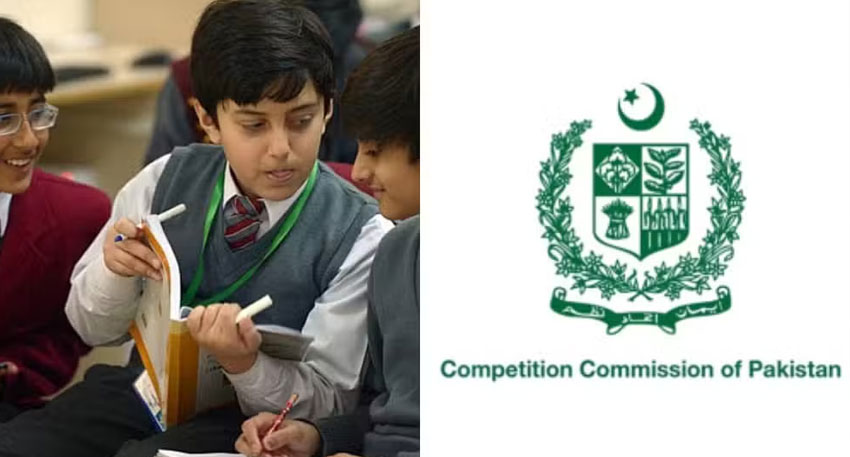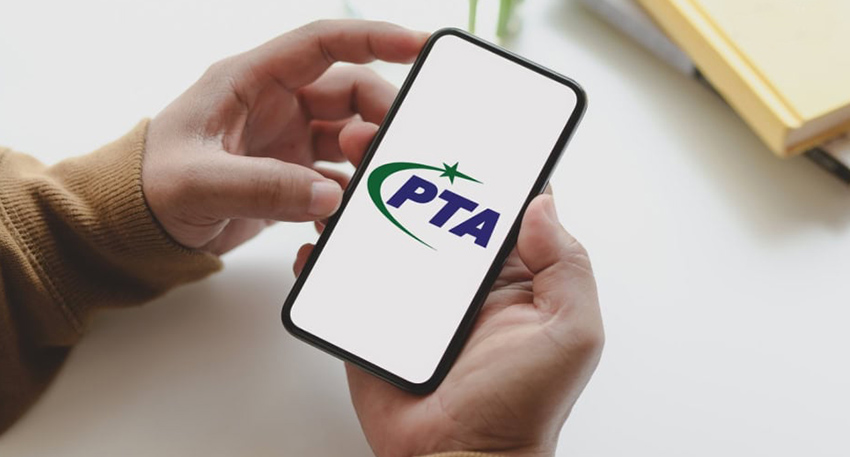
The Competition Commission of Pakistan (CCP) has issued show cause notices to 17 major private school systems for allegedly abusing their dominant position by compelling parents to purchase expensive, logo-branded notebooks, workbooks, uniforms, and other supplies exclusively from school-authorized vendors. The move aims to protect millions of families from unfair pricing and restrictive purchasing practices.
The enforcement action follows a detailed suo motu inquiry prompted by widespread complaints from parents and guardians. Complainants reported arbitrary fee hikes, lack of transparency in pricing, and the forced bundling of branded school supplies, leaving families with no option but to buy inflated study packs and uniforms controlled by the schools.
The schools named include Beaconhouse, The City School, Headstart, LGS, Froebel’s, Roots International, Roots Millennium, KIPS, Allied Schools, Super Nova, Dar-e-Arqam, STEP School, Westminster International, United Charter School, and The Smart School, among others. These networks operate hundreds of campuses and collectively educate millions, giving them significant market power.
The CCP inquiry found that students were effectively treated as “captive consumers” because each school held a 100% market share over its enrolled students. Many mandatory study packs were priced up to 280% higher than comparable items in open markets. Schools also restricted the use of generic notebooks or uniforms and appointed exclusive vendors, shutting out thousands of small retail sellers.
Also Read: Indian airlines face mounting losses as Pakistan extends airspace ban
The practices were deemed violations of Sections 4(1) and 4(2)(a) of the Competition Act, 2010, contributing to restricted market access and rising financial pressure on households already struggling with inflation.
The schools have 14 days to respond and justify why strict enforcement and penalties—up to 10% of annual turnover or Rs. 750 million—should not be imposed. Failure to respond may lead to ex-parte proceedings.




